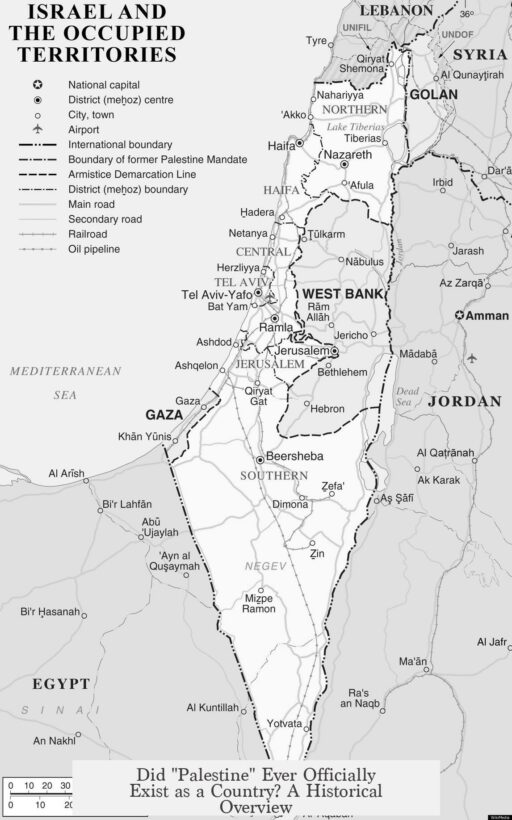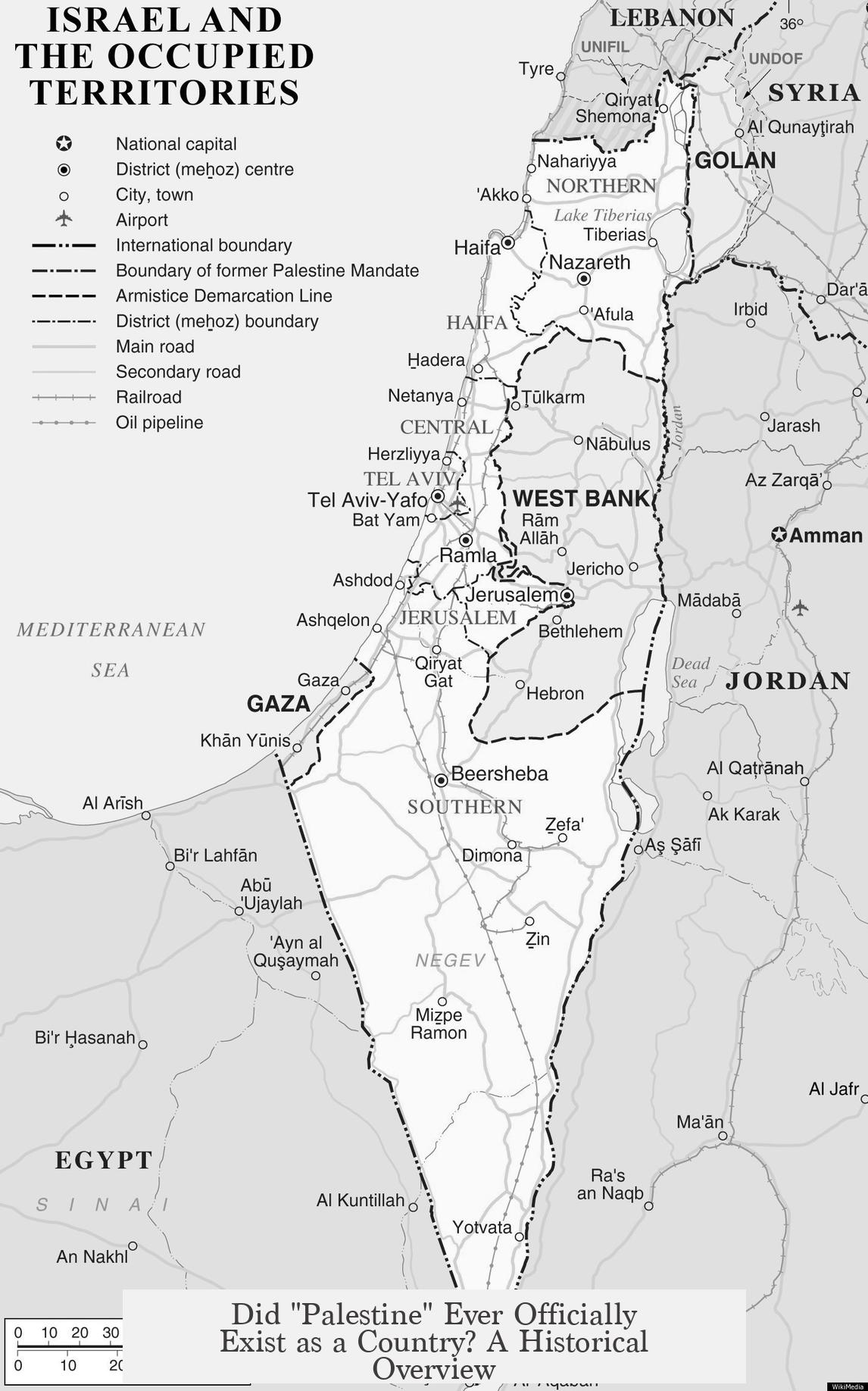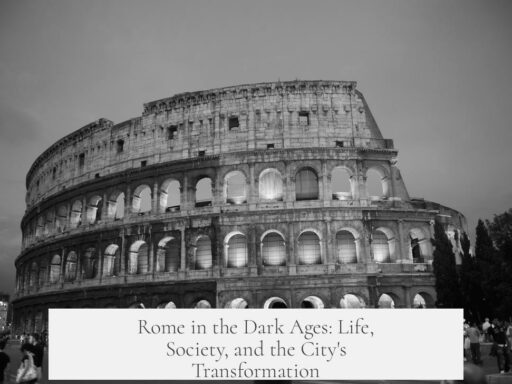Palestine has never officially existed as an independent, sovereign country in the modern sense of the term. Its name and geographic identity date back over 1,750 years to when the Romans renamed the province of Judea as “Palestine” around 132 CE after crushing Jewish revolts. Since then, the term Palestine has referred to a region rather than a formal nation-state with political independence.
The name “Palestine” appears in historical maps, atlases, and documents from antiquity to modern times, consistently designating a large geographic territory in the Eastern Mediterranean. This region was home to various peoples, including the Philistines mentioned in the Torah, from whom the name is derived. However, throughout history, Palestine remained a contested area under the control of successive empires.
From Roman to Byzantine, then Islamic caliphates, followed by Ottoman rule and finally British occupation, Palestine never emerged as an autonomous nation. Instead, it was a land under imperial administration. The area’s inhabitants would be called Palestinians, reflecting their geographic association, but the term did not imply statehood or self-rule.
Before the 20th century, most Middle Eastern lands, including Palestine, were part of larger empires. National independence in the modern political sense was rare. The concept of Palestine as a distinct national entity only gained momentum during the decline of Ottoman control and the subsequent British Mandate period after World War I.
The British Mandate for Palestine, established by the League of Nations from 1920 to 1948, administered the territory, explicitly naming it “Palestine.” The British controlled the land, issuing governance under their mandate while making conflicting promises to Jewish and Arab populations concerning future sovereignty. This led to tensions, violence, and eventual conflict between these groups.
During the mandate, no independent Palestinian state was founded. Instead, British policy was marked by contradictory commitments and tensions between nationalist movements. The Arabs, many of whom identified as Palestinians, sought independence and opposed Jewish immigration endorsed by the British. The Jews aimed to establish a homeland as promised by the Balfour Declaration.
In 1947, the United Nations proposed partitioning Palestine into separate Jewish and Arab states. Jews accepted the plan, whereas Arab leaders rejected it, considering the land entirely Arab. The British withdrawal in 1948 precipitated the Arab-Israeli War when neighboring Arab countries invaded following Israel’s declaration of independence. The conflict resulted in Israel expanding its control beyond the UN partition plan and the displacement of many Palestinian Arabs.
Since 1948, no recognized sovereign state named Palestine has controlled the whole region. Instead, the West Bank and Gaza, significant parts of historical Palestine, came under Jordanian and Egyptian control respectively until 1967. During the Six-Day War in 1967, Israel seized these territories, intensifying the ongoing dispute.
Today, a “State of Palestine” is declared and recognized by many countries and holds non-member observer status at the United Nations. However, it lacks full sovereignty and operates under complex political and territorial constraints amid continuing Israeli occupation and settlement activity.
| Aspect | Details |
|---|---|
| Historical Name | Palestine named by Romans (~132 CE), region known for 1,750+ years |
| Statehood | No independent country named Palestine ever existed officially |
| Empires | Controlled by Romans, Byzantines, Islamic Caliphates, Ottomans, British |
| British Mandate | 1920-1948 administration, conflicting promises to Jews and Arabs |
| 1947 UN Partition | Plan to create Jewish and Arab states; Jews accepted, Arabs rejected |
| 1948 Conflict | Arab-Israeli War leads to establishment of Israel, displacement of Palestinians |
| Modern Status | Palestinian Authority governs parts of West Bank and Gaza, seeks statehood |
Palestine has functioned historically as a geographical region, not an autonomous country. The identity and political aspirations of Palestinians have evolved in the context of colonial mandates, wars, and international diplomacy. The complex legacy of territorial claims, population displacements, and contested sovereignty continues to shape the Middle East conflict today.
- Palestine is an ancient regional name, not historically an independent state.
- Romans renamed Judea to Palestine in 132 CE after Jewish revolts.
- The area remained under foreign empires until the 20th century.
- The British Mandate period (1920-1948) administrated Palestine but did not create a sovereign state.
- The 1947 UN partition plan aimed to divide Palestine but failed to establish an Arab state.
- Israel declared independence in 1948, leading to war and Palestinian displacement.
- Today, Palestine is recognized by many but lacks full sovereign control.
Did “Palestine” Ever Officially Exist as a Country?
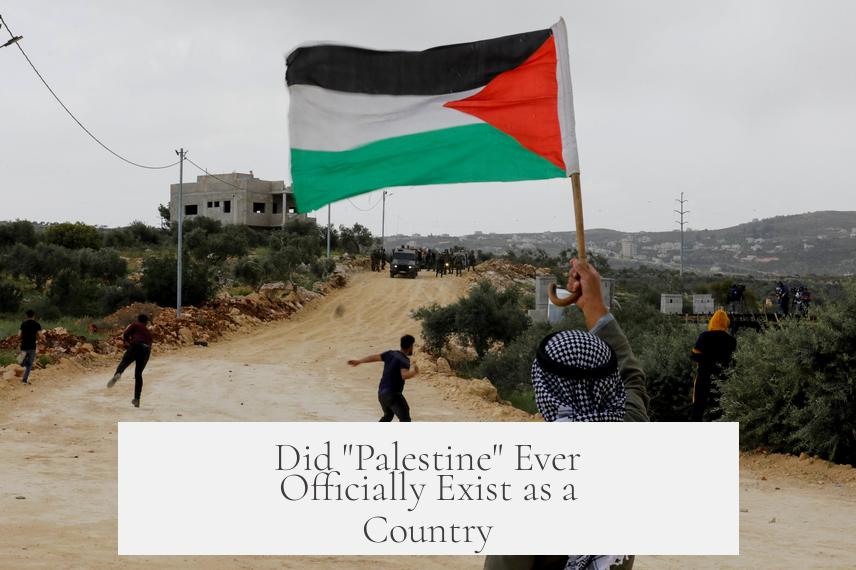
Ever wondered if Palestine truly existed as an official country in history? The answer is quite straightforward: Palestine has never officially existed as an independent sovereign state. That might sound like a letdown if you expected a clear-cut yes or no. So, let’s unravel why this is the case—because the story of Palestine is tangled with history, geography, and politics that have evolved over thousands of years.
The Name and The Land: Not Quite a Country, But Definitely a Region
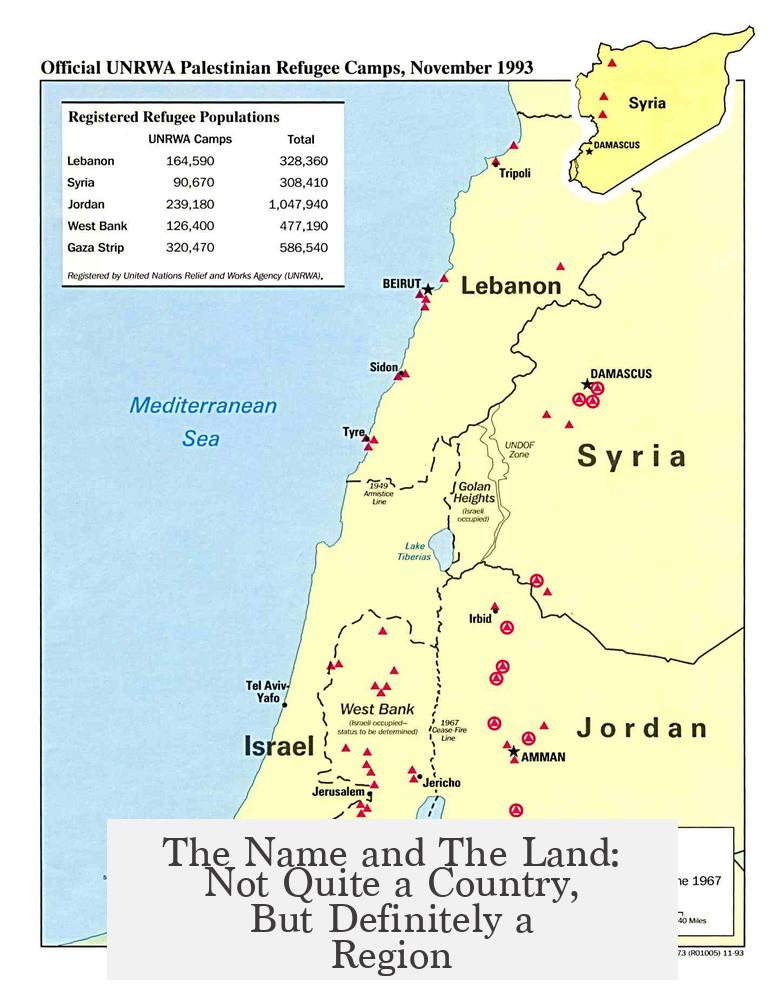
First off, let’s clear something up. The term “Palestine” didn’t pop out of nowhere. When the Romans ousted rebellious Jews from the province of Judea — a bitter slap for the local population — they renamed this territory Palestine around 132 CE. This name stuck on maps, globes, and atlases for over 1,750 years. Meaning, while no independent “country” called Palestine existed, the land itself was known by that name for centuries.
The Romans based this name on “Philistines,” an ancient group mentioned in the Torah. So the land had a recognized identity. But here’s the distinction: being recognized as a geographic entity is not the same as having a sovereign, independent nation-state. Palestine’s geographic boundaries were often larger than what today’s Israel or Palestinian territories cover, but it was always a region, not a country.
Why No Independent Palestinian State? History’s Big “Almost”
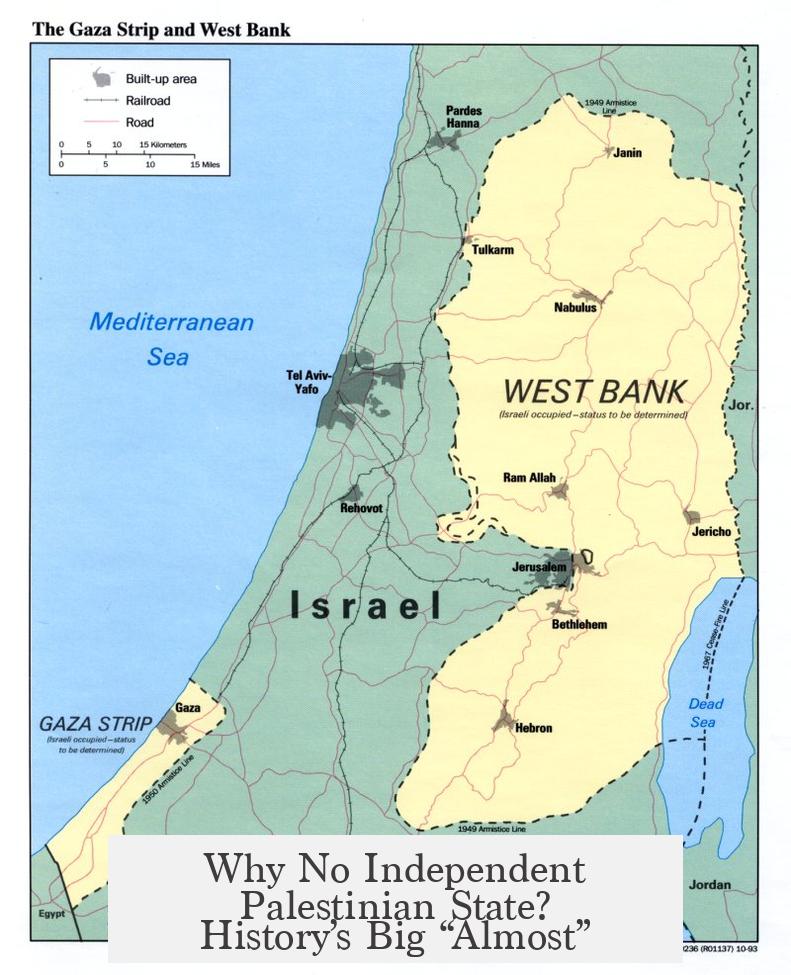
History, especially in the Middle East, rarely treats nations to neat, tidy stories of independence. More often, regions pass hands between empires: Romans, Byzantines, Ottomans, British—you name it. Palestine was no exception. From Roman times through the Ottoman era, Palestine never became a distinct sovereign nation. It was part of larger empires.
One must ask, did this mean Palestinians had no right to independence? Of course not. But here’s the catch: independence usually arrived via conquest or collapse of empires, which rarely happened for Palestine till the 20th century. Notably, when Egypt controlled Gaza and Jordan the West Bank, hardly any Palestinians demanded a separate state. Interesting bit, right?
British Mandate: The Seedbed of Modern Tensions
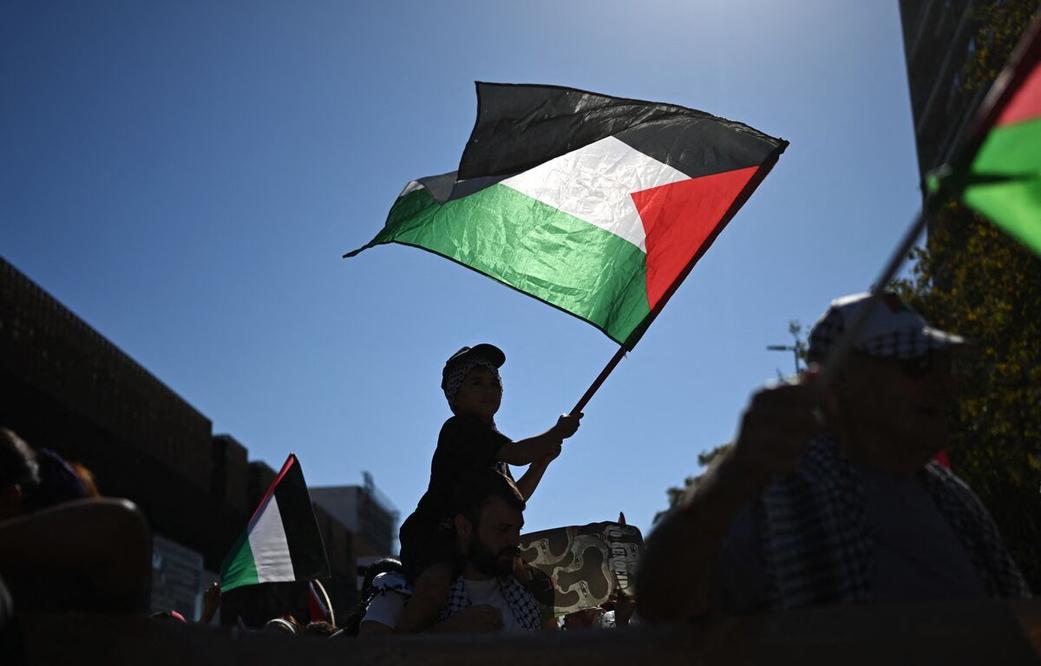
Fast forward to World War I’s aftermath. The Ottoman Empire collapses. Britain and France divvy up the Middle East like a historical pie. Britain takes Palestine under its “Mandate,” governing from 1917 to 1948. They referred to the region as the Land of Palestine, or Ardh-u Filistin.
Here’s where it gets tricky: the British promised both Jews and Arabs conflicting things about controlling the land. Jews were promised a homeland (remember the Balfour Declaration), while Arabs were assured independence. This dual promise was like handing one kid a cookie and saying another one is going to get the same cookie later. It ignited rising tensions, spiking violence, and set the stage for the modern conflict.
When the British finally left in 1948, Palestine existed mostly in spirit, not as a state. No official border or government ran the place, just a patchwork of groups with competing claims. The British departure was more of a “good luck cleaning up this mess” moment rather than a step toward peaceful nation-building.
Arab-Israeli Conflict: War and Territorial Shifts
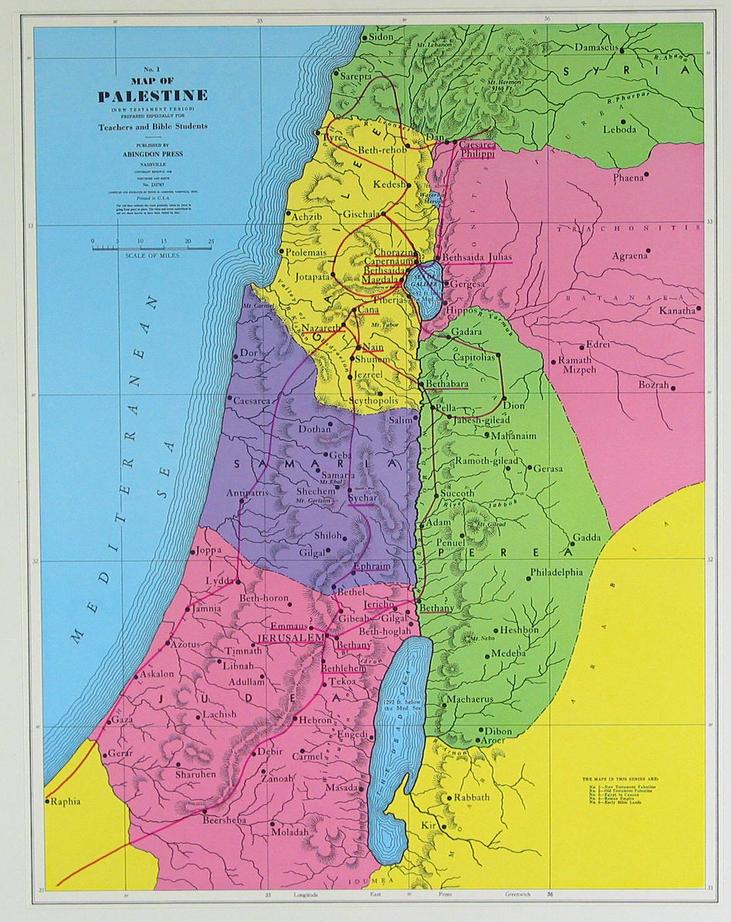
The birth pangs of the modern Middle East involved blood and battle. Jewish communities celebrated creating Israel in 1948. Many Arabs living in the territory saw this as an invasion of their rightful homeland. This disagreement exploded into the 1948 Arab–Israeli War. Arab nations attacked newly declared Israel but lacked unified strategy. The surprise? Israel emerged stronger and expanded its area.
Since then, the territories historically linked to Palestine have become hotly contested. Wars like the Six-Day War in 1967 saw Israel seize control of the Gaza Strip, West Bank, and East Jerusalem. These areas are critical today to the Palestinian cause. The ongoing struggle reflects decades of territorial disputes, refugee crises, and national identity formation.
Modern Day: Palestine in the International Arena
Today, “Palestine” as a political entity enjoys some form of recognition. It is a member of the United Nations as a non-member observer state and recognized by many countries worldwide. It has government institutions like the Palestinian Authority. Yet, it lacks full sovereignty and borders imposed by international consensus.
This paradox leads to many questions: Can a place be a country if it lacks full control of its territory or true independence? Answers vary globally, influenced by politics.
What Can We Learn from This Complex History?
- Historical identity doesn’t equal statehood. Palestine has long been a geographic region named as such but never an independent country before the twentieth century.
- Empires ruled the Middle East for centuries. Most modern nations here emerged post-World War I because empire collapse forged new political lines.
- British mandate was a pivotal moment. Conflicting promises seeded conflict rather than clarity.
- War shaped borders drastically. The 1948 war and subsequent conflicts dramatically altered Palestine’s geographical and political realities.
- Today’s Palestine is a state in progress. Recognition exists, but sovereignty and full independence remain goals rather than established facts.
Curious Reflections
What does this all mean for someone wanting a definitive history lesson? History rarely complies with black and white narratives. Palestine lives in overlapping layers of identity—historical region, cultural homeland, political aspiration.
Is a country only defined by borders and armies, or also by peoples’ shared stories and struggles? The story of Palestine asks this larger question, shaking the very foundation of how we define “nation.” So next time you hear someone ask, “Did Palestine ever officially exist as a country?” you’ll have a dense, richer answer ready—one armed with dates, wars, empires, and a touch of irony.
References and Food for Thought
- The Romans renamed Judea to Palestine in 132 CE after quelling Jewish rebellions.
- For centuries, maps featured Palestine as a recognized region, not a sovereign state.
- The British Mandate (1917-1948) governed Palestine, bringing competing promises to Jews and Arabs.
- Arab rejection of UN division plans led to the 1948 war, changing territorial control.
- Today, Palestine exists with limited international recognition but without full sovereignty.
So, next time someone debates Palestine’s official existence, you’ll know the truth lies not in simple yes or no answers but in a living, complex history that defies easy categorization.
